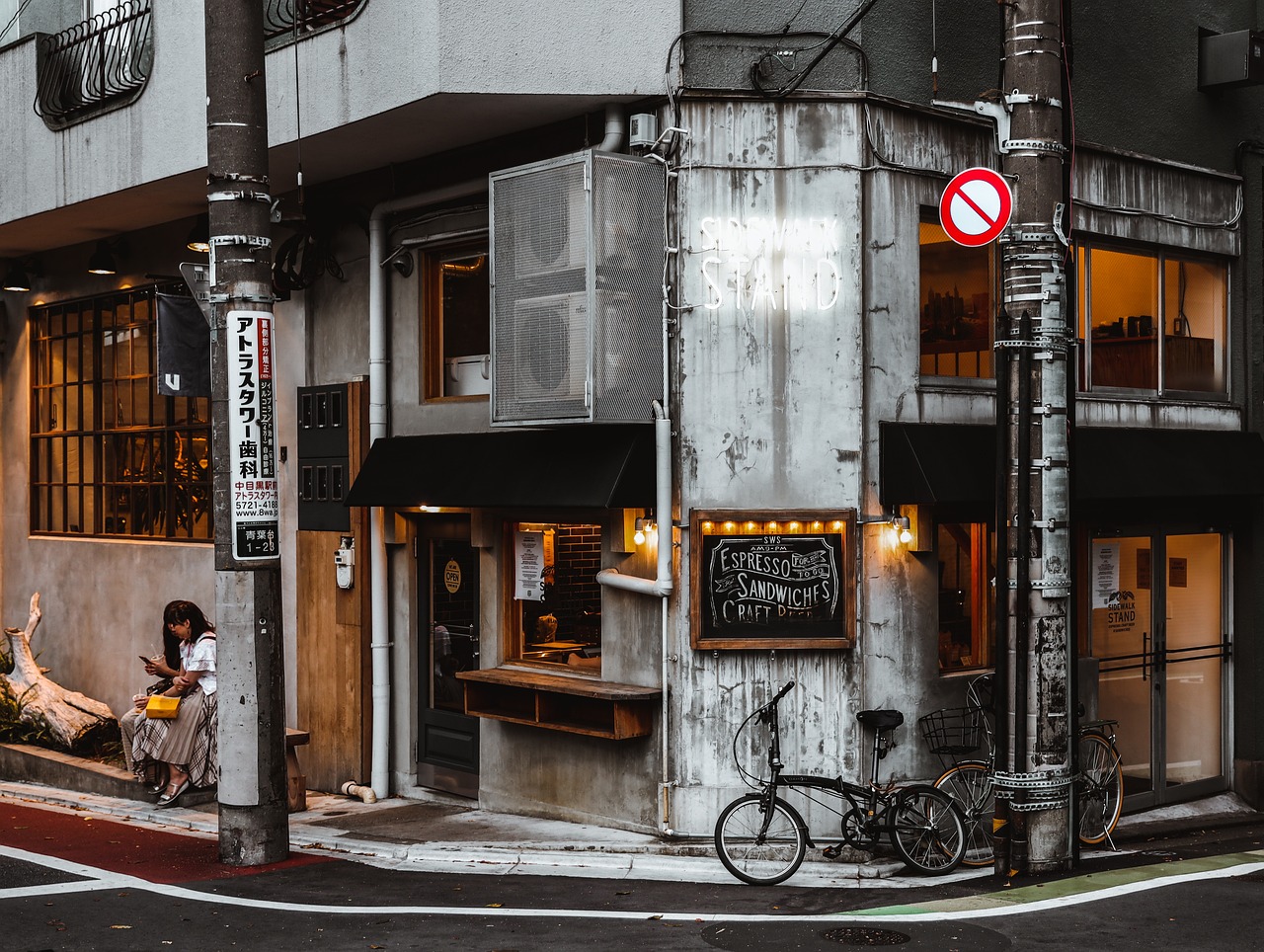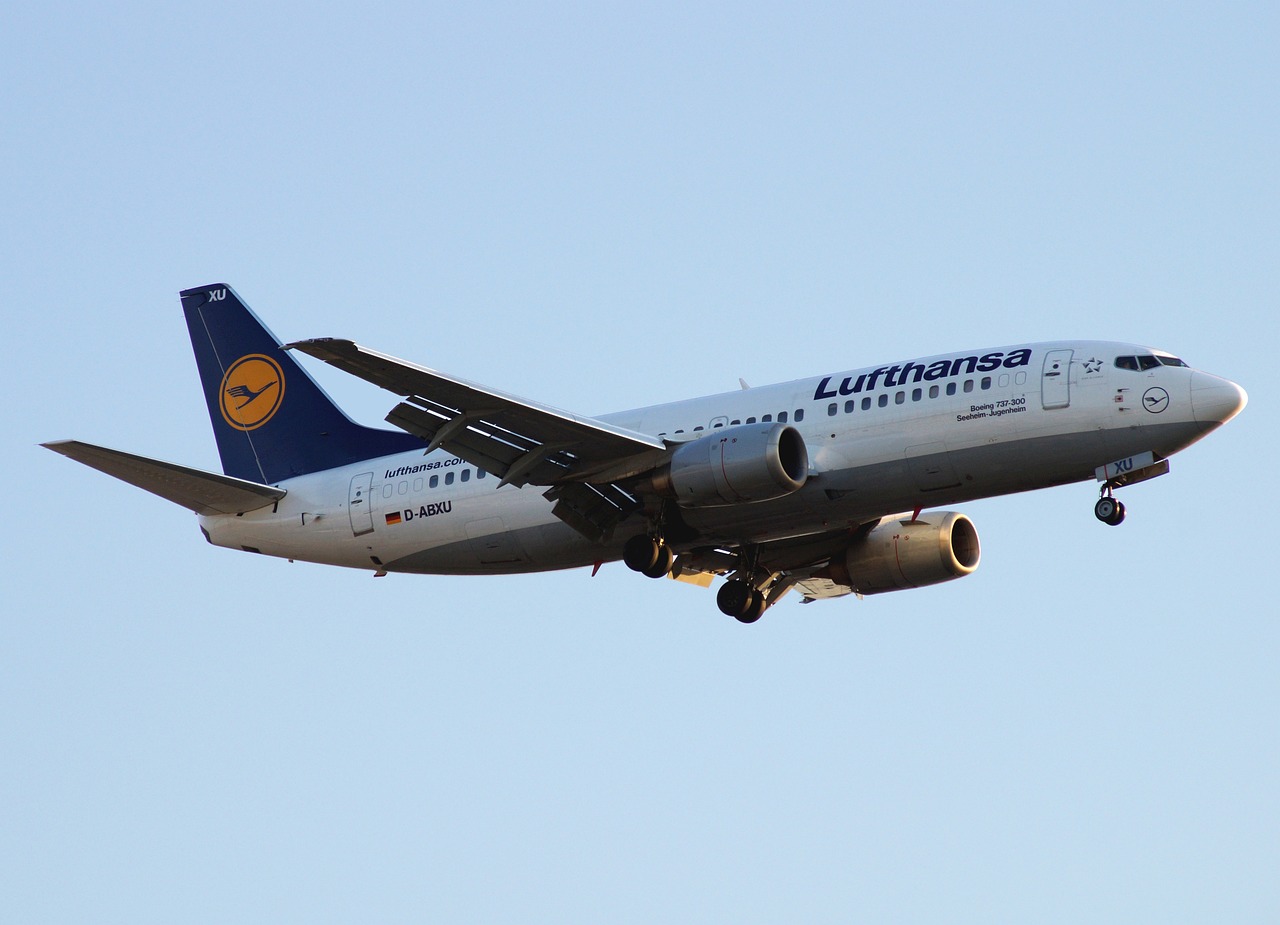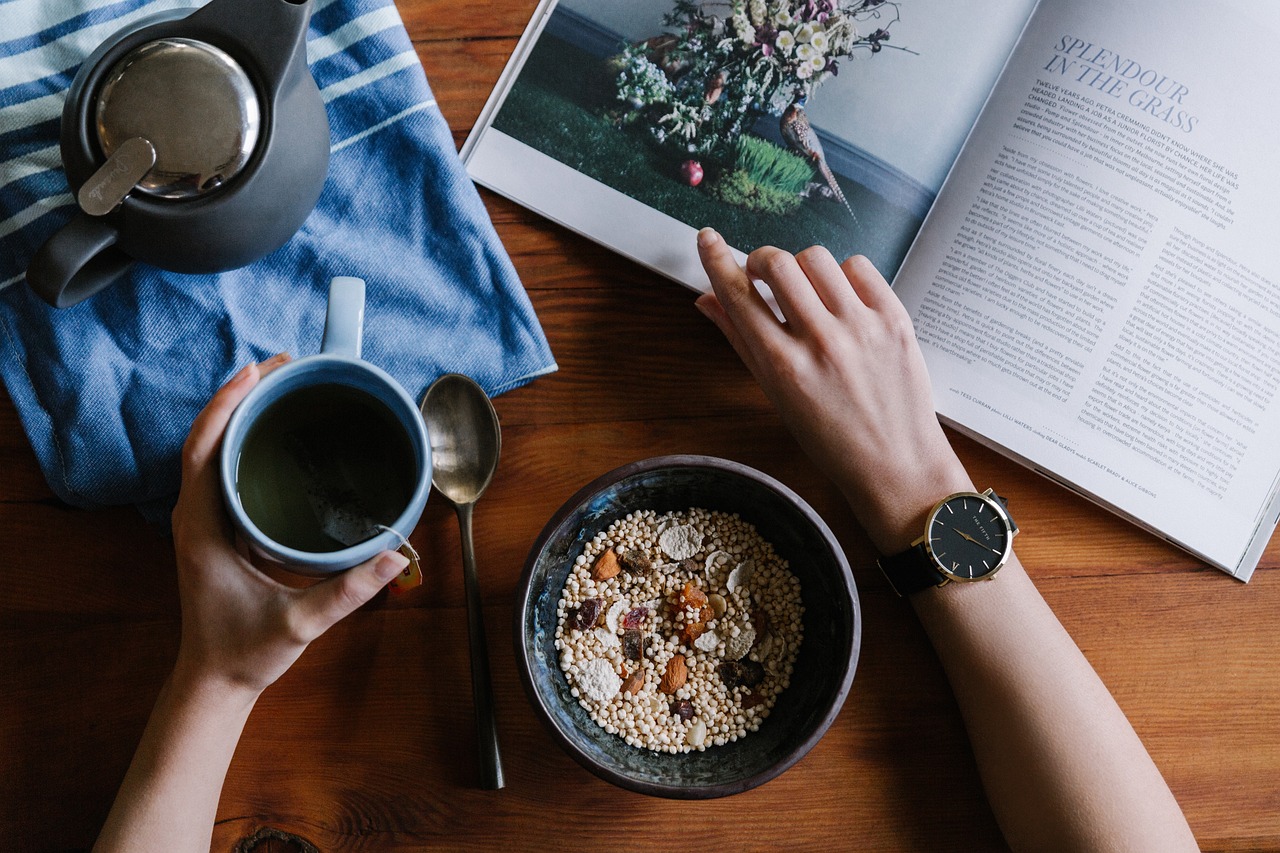
Socializing your puppy is one of the most critical aspects of raising a well-adjusted, friendly, and confident dog. The early weeks and months of a puppy’s life are a crucial period for learning and adaptation. Proper socialization can prevent behavioral problems and ensure your puppy grows into a well-mannered adult dog. This guide will provide you with essential tips and strategies to effectively socialize your puppy, setting the stage for a happy and harmonious life together.
In this guide, we will cover various aspects of puppy socialization, from understanding the importance of socialization and recognizing the critical socialization period to practical steps you can take to introduce your puppy to new experiences, people, and other animals. We will also address common challenges and how to overcome them, ensuring that your puppy’s socialization process is as smooth and successful as possible.
Understanding the Importance of Socialization
Socialization is the process of exposing your puppy to different environments, people, animals, and experiences in a positive and controlled manner. Proper socialization helps prevent fear and aggression, reducing the likelihood of behavioral issues in the future. A well-socialized puppy is more likely to be confident, adaptable, and friendly, making them a joy to be around and easier to train. This foundational training sets the stage for a lifetime of positive interactions and behaviors, ensuring that your puppy can handle various situations without stress or anxiety. By prioritizing socialization, you’re investing in your puppy’s mental and emotional well-being, which is crucial for a harmonious life together.

Recognizing the Critical Socialization Period
The critical socialization period for puppies typically occurs between 3 and 14 weeks of age. During this time, puppies are more receptive to new experiences and are less likely to react with fear. It’s essential to make the most of this window by exposing your puppy to a wide variety of stimuli in a positive way. While socialization can and should continue throughout your dog’s life, the experiences during this critical period have a lasting impact on their behavior. Missing this window can lead to a more challenging socialization process later in life, as older puppies and adult dogs may be more resistant to new experiences and can develop fear-based reactions.
Practical Steps for Socializing Your Puppy
Introduce New Environments
Gradually expose your puppy to different environments such as parks, busy streets, and quiet neighborhoods. Allow them to explore and experience various surfaces, sounds, and sights. Each new environment should be introduced slowly, ensuring your puppy feels safe and comfortable. Start with less stimulating areas and gradually progress to more bustling locations as your puppy’s confidence grows. Remember to bring along treats and toys to make these new experiences enjoyable and rewarding for your puppy.
Meet Different People
Arrange for your puppy to meet a diverse range of people, including children, adults, and seniors. Ensure these interactions are positive by having people offer treats and gentle petting. Introduce your puppy to individuals wearing different types of clothing, such as hats, uniforms, and glasses, to familiarize them with various appearances. Positive reinforcement during these encounters helps your puppy associate new people with pleasant experiences, reducing the likelihood of fear or aggression towards strangers in the future.

Interact with Other Animals
Supervised playdates with other puppies and well-behaved adult dogs can help your puppy learn appropriate social behaviors. Always monitor these interactions to ensure they remain positive and safe. Start with calm, friendly dogs to prevent overwhelming your puppy. Observe their body language closely; if either dog shows signs of stress or discomfort, separate them and try again later. Positive experiences with other animals teach your puppy essential social skills and build their confidence in interacting with different species.
Exposure to Various Sounds
Play recordings of different sounds such as traffic, thunderstorms, and household noises at a low volume, gradually increasing the volume as your puppy becomes more comfortable. This desensitization process helps your puppy learn to remain calm in the presence of potentially frightening noises. Combine sound exposure with positive reinforcement, such as treats and playtime, to create a positive association with these sounds. This approach can prevent noise phobias and help your puppy stay relaxed in noisy environments.

Handling and Grooming
Regularly handle your puppy’s paws, ears, and mouth to get them used to being touched. Introduce grooming tools like brushes and nail clippers gradually, making the experience positive with treats and praise. Start with short handling sessions and gradually increase the duration as your puppy becomes more comfortable. Familiarizing your puppy with regular handling and grooming procedures early on can make future veterinary visits and grooming sessions less stressful for both you and your dog.
Car Rides
Take your puppy on short car rides to get them accustomed to traveling. Start with brief trips around the block and gradually increase the duration as your puppy becomes more comfortable. Ensure the car rides are associated with positive experiences, such as visiting a favorite park or receiving a special treat. Regular car rides can help prevent motion sickness and anxiety related to car travel, making trips to the vet or family outings more enjoyable for your puppy.
Training Classes
Enroll in puppy training classes to provide structured socialization opportunities. These classes often include supervised playtime with other puppies and basic obedience training. Training classes offer a controlled environment where your puppy can learn important social skills and manners under the guidance of a professional trainer. Additionally, training classes provide you with valuable insights and techniques for continuing your puppy’s socialization and training at home, ensuring a well-rounded education.
Common Challenges and Solutions
Fearful Reactions
If your puppy shows signs of fear, such as trembling or hiding, take a step back and allow them to approach the new experience at their own pace. Use treats and praise to create positive associations. Avoid forcing your puppy into situations that cause fear, as this can worsen their anxiety. Instead, gradually expose them to the feared stimuli from a distance, slowly decreasing the distance as they become more comfortable. Patience and consistency are key in helping your puppy overcome their fears.

Overexcitement
Some puppies may become overly excited during socialization. Teach calm behaviors by rewarding your puppy when they are calm and composed. Avoid reinforcing hyperactive behavior with attention. Practice basic obedience commands such as “sit” and “stay” to help your puppy learn self-control. Use calm, soothing tones and avoid high-energy play during socialization sessions. Over time, your puppy will learn that calm behavior is more rewarding and will be better able to manage their excitement.
Negative Interactions
If your puppy has a negative interaction with another dog or person, provide reassurance and remove them from the situation. Gradually reintroduce similar experiences in a controlled and positive manner. It’s important to address negative interactions promptly to prevent lasting fear or aggression. Work on building your puppy’s confidence through positive reinforcement and controlled exposure to new experiences. If necessary, seek guidance from a professional trainer or behaviorist to help address and correct any ongoing issues.
Conclusion
Proper socialization is a vital part of raising a happy and well-adjusted puppy. By exposing your puppy to a variety of experiences in a positive and controlled manner, you can help them develop into a confident and friendly adult dog. Remember to be patient and consistent, as each puppy will progress at their own pace. With the right approach, you can ensure that your puppy grows up to be a beloved and well-mannered member of your family. Investing time and effort into your puppy’s socialization will pay off in the long run, leading to a strong, trusting bond between you and your furry companion.




답글 남기기